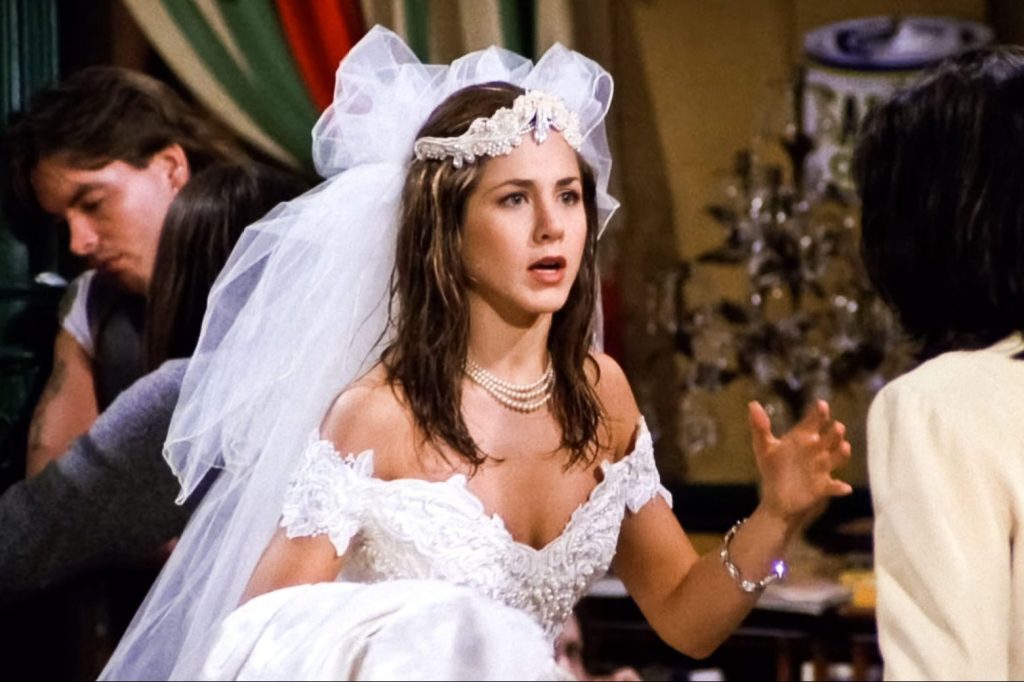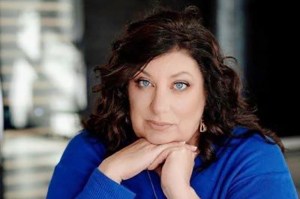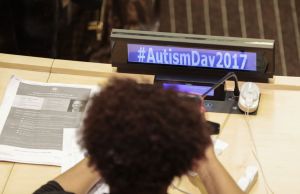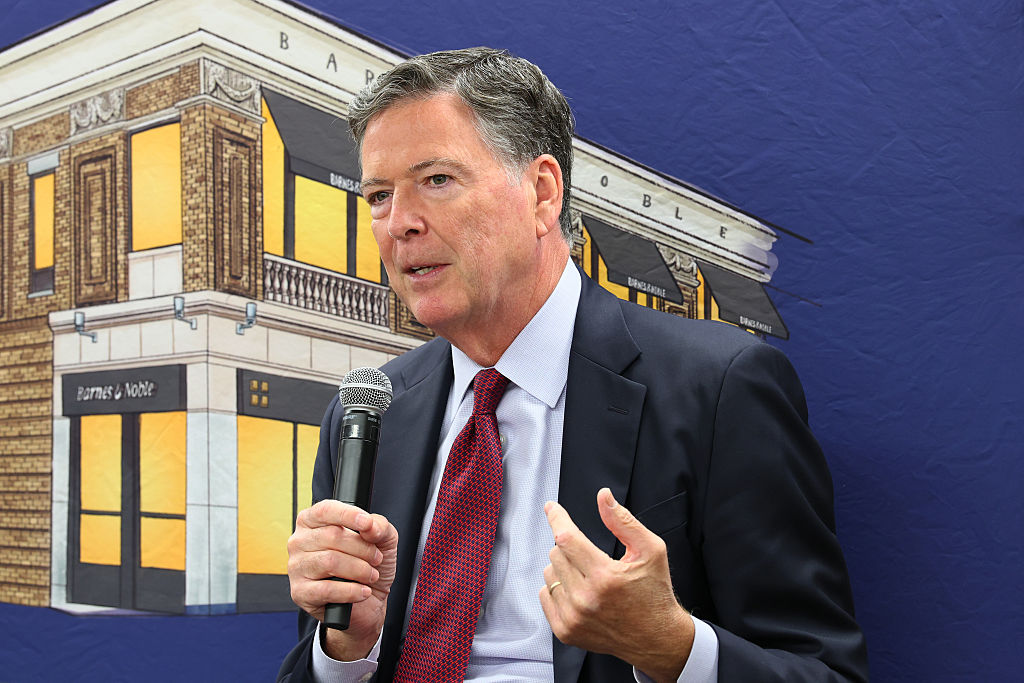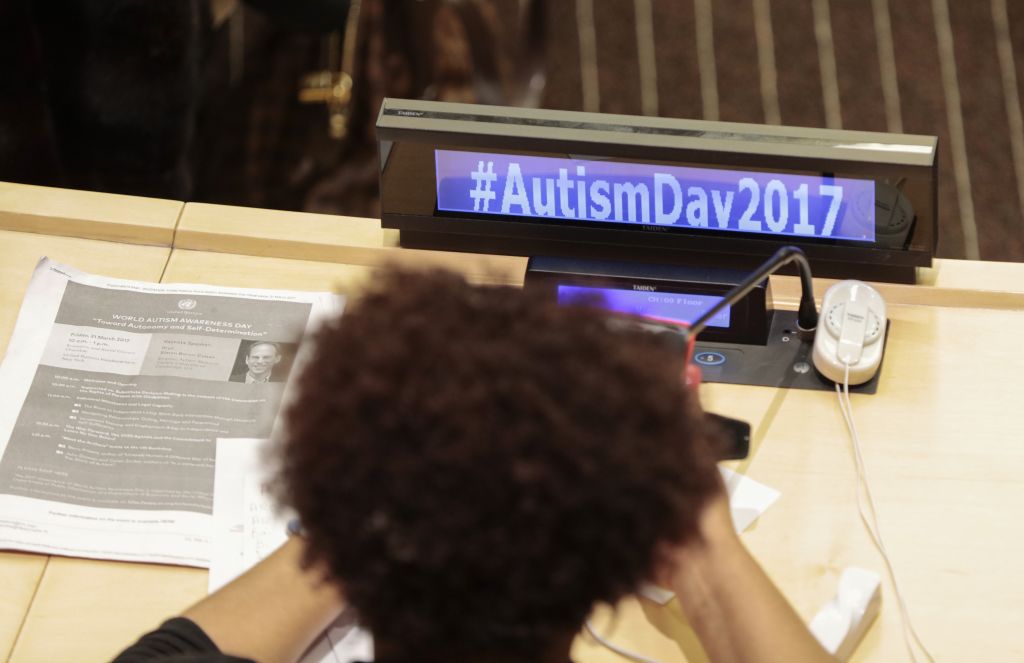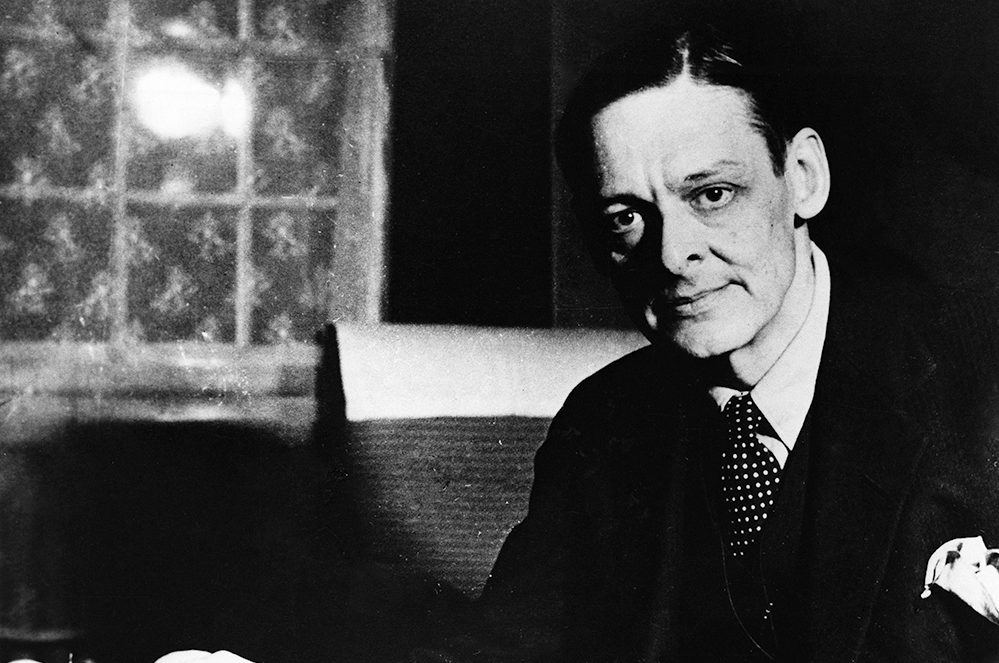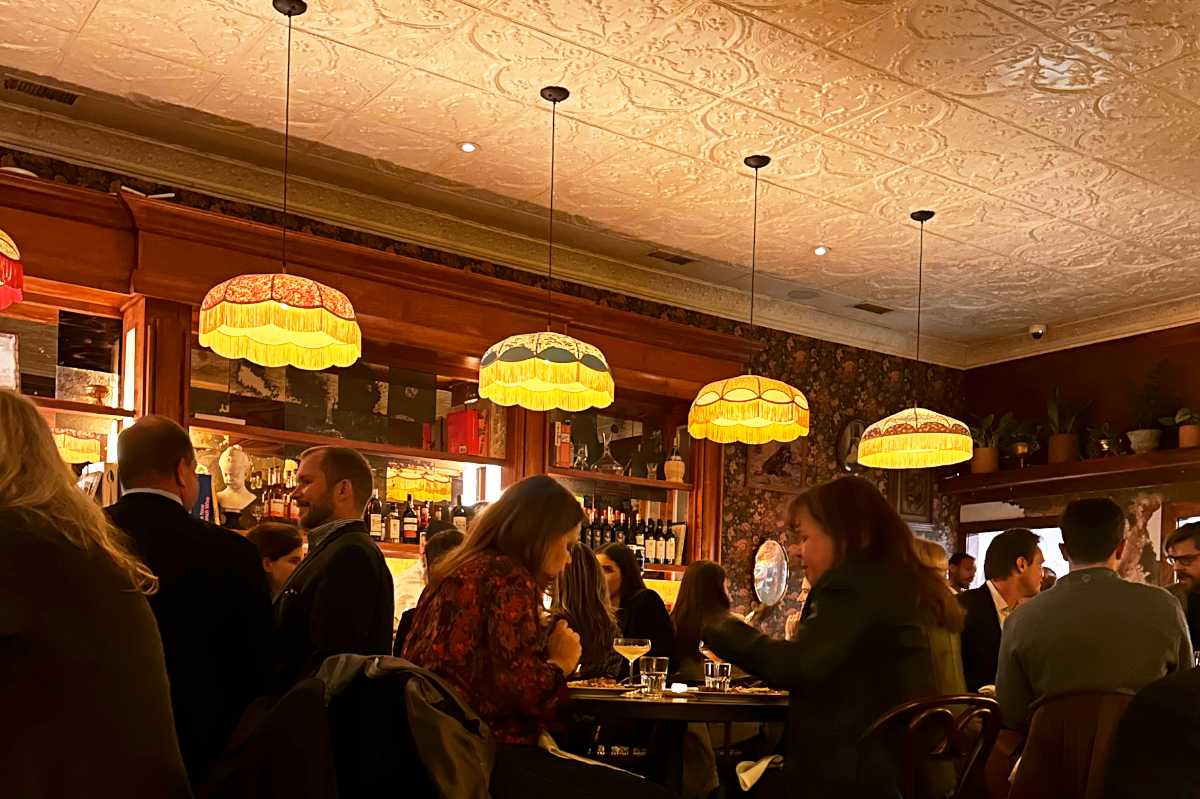Adulthood was once determined by age, but now we’ve extended childhood far beyond the teenage years. If the government gets its way, the next generation will never grow up: there are reportedly plans to ban cigarette sales to anyone born after 2009. This would mean that, come 2060, fifty-year-olds could be begging their elders to pop into the local corner shop to buy them a pack of twenty.
We need a new metric of adulthood, and I have a proposal. The real mark is not an age or any particular milestone, it’s really when you receive your first piece of unsolicited feedback. It’s a grim but unavoidable rite of passage: having personal and outlandish comments directed your way, often in such a breezy or casual manner you’d think they were talking about the weather.
It turns out the playground bully has nothing on a grown-up who sees their peers doing things slightly differently
The penny dropped for me recently when I was at dinner with some girlfriends, all of us in our early thirties, all in different stages of life. Yet we could sense a common thread between us, some kind of angst that we couldn’t immediately describe. What was it about adulthood that we were finding so tough?
What if, I finally asked, the problem isn’t the paths we’re on, but rather the exhaustion that comes from fielding comments from friends and strangers about those chosen paths? At the very least, this would help explain the defensiveness, queasiness and slight paranoia that seems to set in as we leave our twenties behind.
Perhaps I should have been better prepared for it. Pop culture was full of warnings when I was a kid. My teenage years were dominated by Sex and the City and Friends reruns, designed to show just how unkind adulthood can be. I assumed the dialogue was over-exaggerated to make a point: people wouldn’t comment so blatantly and brazenly on other people’s lives.
Now I know that, if anything, those shows were understating how judgmental people can be. The comments start early, especially if you partner up “too early” (before twenty-five) or “too late” (after twenty-eight), with a few glorious years in between during which you are largely left alone. That blissful window creates a false sense of security, but once you pass thirty the unsolicited commentary ramps up.
The “feedback” I receive has increased significantly since the Covid lockdowns: I went into the pandemic aged twenty-nine and came out at thirty-one. Apparently, during that time of great isolation, I was supposed to have assembled the picture-perfect family. But it wasn’t until I found myself standing in a circle at a drinks party last year — with a woman in the center of the circle handing out definitive declarations of “on track” or “behind” based on each person’s age, marital status and parental status — that I thought it might be time to seek out some advice on how to handle all this.
To my great annoyance, I’ve been told the truth. Your thirties, say trusted women who went through this decades ago, is simply the worst. Nearly everyone is nervous and insecure about their big decisions, and so they naturally double down on them, as if there were only one right option. “Just muddle through” seems to be the prevailing wisdom. It’s not the update I wanted, but it does help to explain why two friends, making the same choices roughly six months apart, keep trying to convince me that the other one has her timeline all wrong. It seems the smallest deviations right now can trigger personal mayhem.
There is some good news, though. Or so I’m told: once we reach fifty, the comments will largely go away. The decisions to partner up will have probably been made. Decisions around having children will have come and gone. There will be far fewer personal choices to target or judge, and the emotional shields will drop. Fantastic, I think. Just seventeen years to go…
In the meantime, no one is safe from un-solicited feedback. Share any piece of information and prepare to get verbally slugged. A friend who recently got engaged is now bombarded with questions about when she plans to have a child. Another friend, still in her twenties, recently passed her exams for business school, only to be asked by an acquaintance at a networking event, “But when will you have babies?” Sometimes you don’t have to say anything at all: a friend keeps getting asked unprompted if she’s pregnant. The only explanation we can piece together — besides people’s zest for inappropriate commentary — is that she likes to wear comfortable dresses.
It seems having children offers little respite. Friends with one child are informed it’s “cruel” not to provide a sibling, while one friend with a big family has been shamed for having “so many.” A woman I know has started telling people she can’t have children, rather than admit she doesn’t want them. Friends and family only respond one way, she says: by telling her she’ll regret not doing so. She knows they’re wrong, but that doesn’t make the feedback any more enjoyable. I factor in these experiences with my own and am left baffled by adulthood: it turns out the playground bully has nothing on a grown-up who sees their peers doing things a slightly different way.
How to handle the next few decades? I’m striving for a combination of emotional steel and empathy. I let the comments roll off me, but not before clocking them and vowing to try never to repeat them to someone else. A few weeks ago I was caught off-guard when a friend casually suggested that I am “bad with kids.” I had to get to the bottom of it, not least because it isn’t true. I have two godmother badges to prove it.
My friend clarified that he did not mean I am “bad with kids” but rather that I don’t have kids yet and have not shared openly my thoughts about doing so in the future. Two very different statements, somehow being used interchangeably. I walked away grateful that I understand the difference.
This article was originally published in The Spectator’s UK magazine. Subscribe to the World edition here.



